
*Note: Name, Email and Phone Number are mandatory.

Africa’s switch gear and electrical materials industry is emerging as a pivotal hub in the global electrical manufacturing landscape. Driven by increasing infrastructure demands, abundant raw material resources, and enhanced regional trade integration, the continent is evolving into a compelling investment destination for stakeholders seeking sustainable growth and innovation in power equipment manufacturing.
Switch gear—the backbone of electrical distribution and control systems—is fundamental to industrialization, urbanization, and electrification. Africa’s surging demand for power solutions, propelled by rapid urban growth, renewable energy expansion, and industrial projects, creates fertile ground for investment in manufacturing electrical switch gear and associated components.
This blog delves into the investment potential in Africa’s switch gear and electrical materials sector, analyzing raw material advantages, competitive global landscapes, regional hubs, and the crucial infrastructure developments shaping this opportunity.
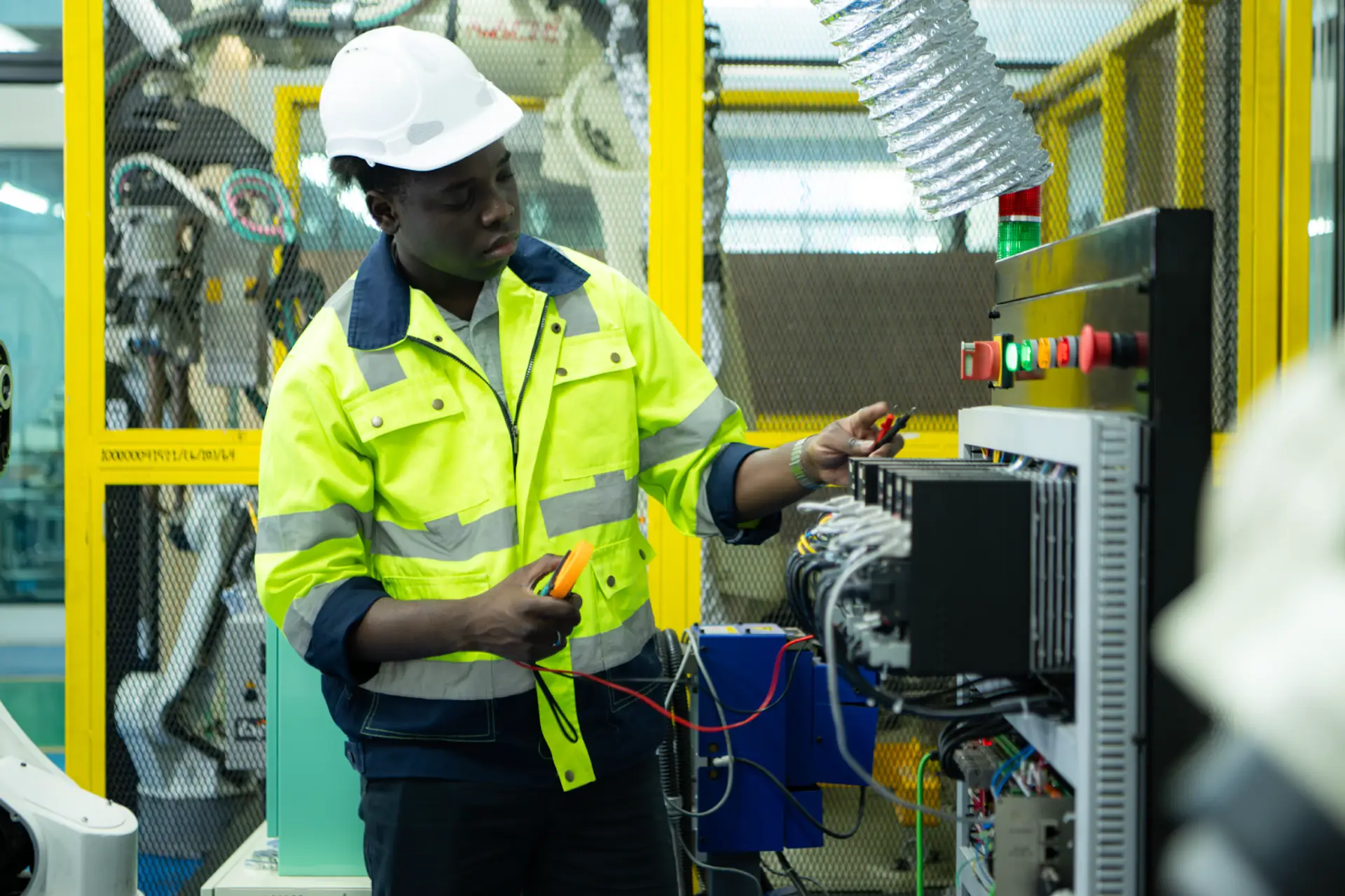
Switch gear equipment—including circuit breakers, switches, relays, and control panels—manages, protects, and isolates electrical circuits. As Africa pursues electrification goals and industrial expansion, demand for these components grows exponentially.
The Middle East & Africa switchgear market surpassed USD 20.6 billion in 2023 and is projected to observe around 8.7% CAGR between 2024 and 2032, driven by increasing investments in the power sector, growing urbanization, and the expansion of the industrial sector .
Unlike generic electrical components, switch gear requires precise manufacturing standards, safety certifications, and quality materials—factors that underscore the importance of local production to reduce dependency on imports and mitigate supply chain risks.
Africa’s competitive advantage in switch gear manufacturing is deeply rooted in its rich mineral endowment. Copper, aluminum, steel, and insulating materials are essential raw inputs for electrical equipment manufacturing.
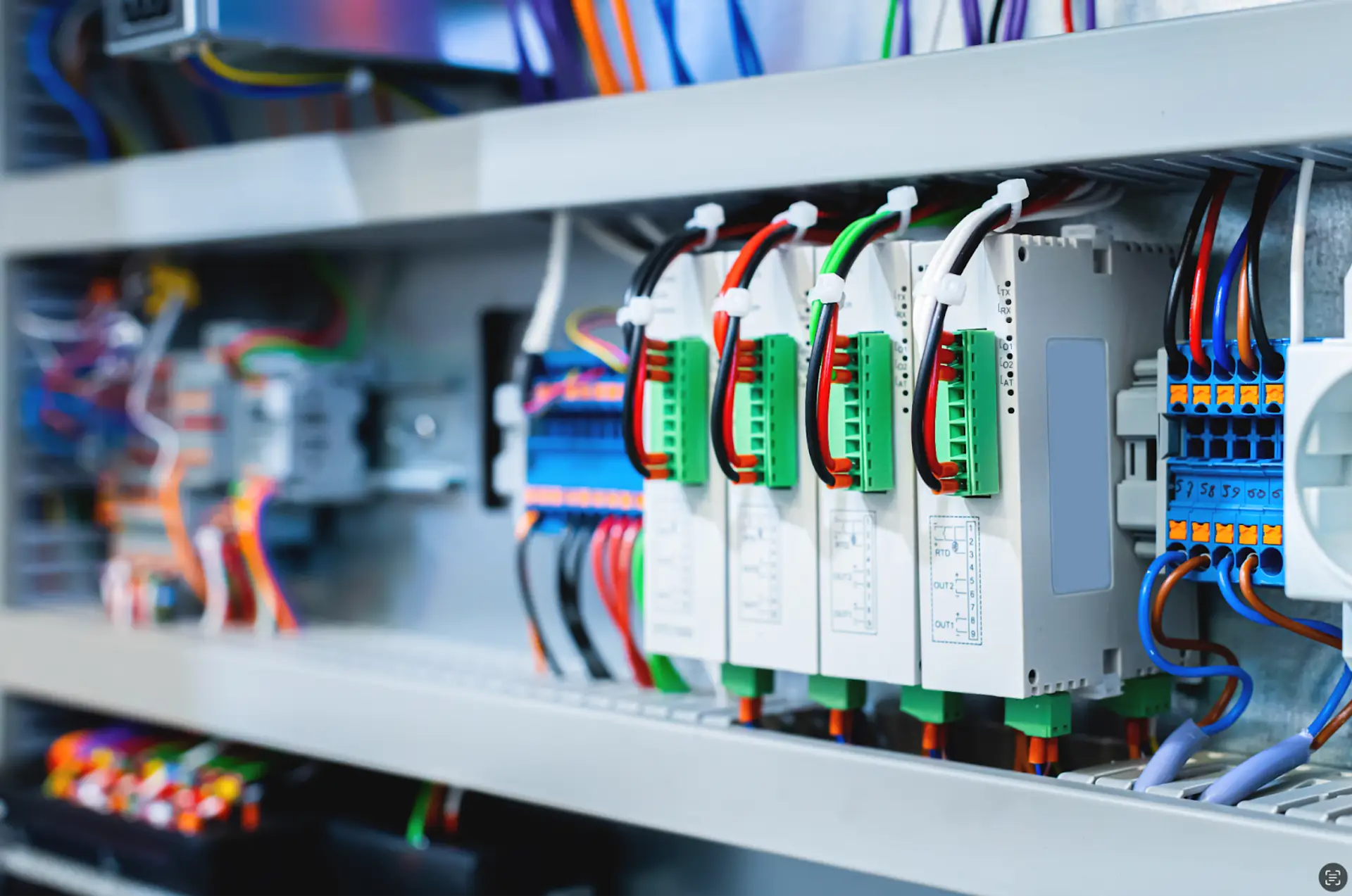
Africa’s switch gear manufacturing landscape is rapidly maturing, with clusters emerging in key regions:
Global electrical manufacturing giants like Schneider Electric, Siemens, ABB, and Eaton have established footprints in Africa through partnerships, local assembly, and greenfield investments . Their presence signals the continent’s strategic importance but also introduces competitive pressures on cost, quality, and innovation.
Local and regional manufacturers are stepping up, focusing on niche products, cost-effective solutions, and after-sales service tailored to African market realities. This domestic growth is critical in closing the supply-demand gap, reducing import dependency, and fostering technology transfer.
Africa’s infrastructure is a mix of rapid improvement and persistent challenges. Ongoing investments in power generation, transmission networks, industrial parks, and transport corridors are critical to the switch gear sector’s success.
The African Continental Free Trade Area (AfCFTA), established in 2019 and ratified by 48 countries, aims to enhance Africa's economic status by creating the world's largest free trade area, facilitating investment, and eliminating tariffs on goods traded between African countries. (Reuters)
Ports such as Tanger Med (Morocco), Durban (South Africa), and Mombasa (Kenya) are upgrading to meet increasing export and import volumes, facilitating smoother supply chains for raw materials and finished goods.
Technology, Innovation, and Sustainability
Emerging trends in smart grids, renewable energy integration, and IoT-enabled electrical systems create demand for advanced switch gear with enhanced safety, remote monitoring, and energy efficiency features.
Africa’s manufacturing sector must innovate to stay relevant: integrating automation, precision manufacturing, and quality certification is vital. Additionally, sustainable manufacturing practices—such as using recycled metals and energy-efficient production—align with global investor demands and regulatory frameworks.
Investment Outlook: Risks and Rewards
Opportunities:
Challenges:
Mitigating these risks requires strategic local partnerships, careful due diligence, and alignment with regional development frameworks.
Africa’s switch gear and electrical materials sector represents more than just a manufacturing opportunity—it is central to the continent’s industrial and electrification future. Anchored by rich raw materials, improving infrastructure, and growing regional integration, the sector offers investors a front-row seat to transformative growth.
For those willing to navigate the complexities and invest with a long-term vision, Africa’s electrical manufacturing sector is poised to deliver robust returns and meaningful impact, powering a continent on the rise.
Q1: What is the projected growth of the switchgear market in Africa?
A1: The Middle East & Africa switchgear market is expected to grow at a CAGR of 8.7% from 2024 to 2032, reaching a value of USD 20.6 billion by 2023. (Global Market Insights Inc.)
Q2: Which African countries are leading in switchgear manufacturing?
A2: Countries like South Africa, Egypt, and Morocco have established manufacturing capabilities, while nations such as Nigeria and Kenya are emerging as potential hubs due to industrialization efforts.
Q3: How does AfCFTA benefit switchgear manufacturers?
A3: AfCFTA facilitates access to a larger market by reducing trade barriers, harmonizing regulations, and promoting intra-African trade, thus benefiting manufacturers through expanded market reach.
Q4: What are the key raw materials for switchgear production in Africa?
A4: Essential raw materials include copper, aluminum, and steel, with significant reserves found in countries like Zambia, Guinea, and South Africa, respectively.
Q5: What technological trends are influencing Africa's switchgear industry?
A5: The adoption of sustainable technologies, such as SF₆-free switchgear, and the integration of smart systems are key trends shaping the industry's future.
#InvestInAfricaNow
Choose the best investment opportunities and set up your business in Africa's world class industrial zones today, securing a prominent position in the global market.
Get in touch with our Africa investment specialists or support team and expand your business in Africa today!
recommended topics
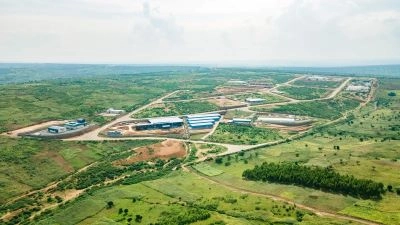
Discover prime locations across Africa for lucrative investment opportunities and strategic growth.
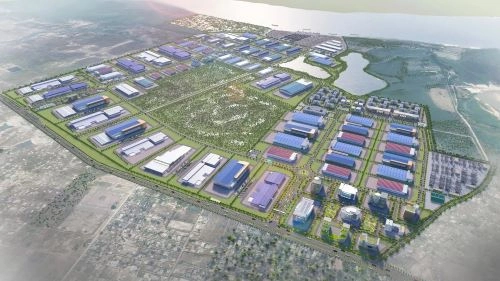
Explore key investment zones in Africa that offer strategic advantages and economic benefits.
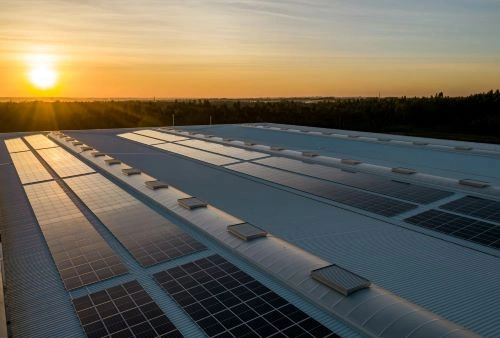
Uncover the best investment opportunities in Africa to maximize your business potential.

Identify the most promising sectors in Africa for high returns and sustainable investments.
Compare
Dear investor, please compare similar category items- either Locations or Opportunities.
*Already subscribed.
*Enter your name/email.

Sign up for exclusive investment alerts.
Already subscribed? Skip
Thank You For Subscribing to
Africa For Investors.

You will be redirected to AFI’s Linkedin Profile in 10 seconds.
Stay On AFI Website